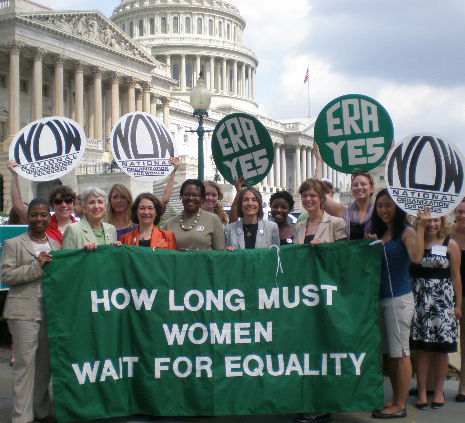This week, many countries are kicking off Women’s Week or Women’s History Month, as this year’s International Women’s Day quickly approaches. The Toolkit is showcasing lots of great feminist resources in honour of these events. Activist campaigns and tools have been developed to support women in our local communities, personal networks and activist circles, and around the globe. This week’s tools focus on challenges in these spheres, and where to devote your activist energy in honour of International Women’s Day.
Think of your mother, your aunt, your sister, your neighbour. Isn’t she worth celebrating? On March 8, take part in an event or campaign to honour the contributions, abilities and challenges of women. You can refer to this tool with tons of opportunities to get involved with International Women’s Day. I love the fact that the events go beyond marches and other typical suggestions. There are arts events, theatre performances, and many unique opportunities to link your personal passions or hobbies with the celebration of women and women’s history.
If you’re looking for a women’s issue that is largely ignored by the government, lend your support to families and advocates of missing and murdered Aboriginal women. Their struggles are often highly underreported and misunderstood. If you think the Harper government owes a thorough and serious investigation into this issue, take a look at this tool with a petition to sign.
Whether you’re dealing with the murder of a community member or investing in feminist organizing, all women (and all activists!) need to consider their routines and processes of self-care. Definitely take a minute to check out this self-care starter kit if you’re looking to develop a routine or support network to enhance self-care in your daily life.
This week’s theme resulted in two tools focused around inclusive spaces and delivery of community services. Prioritizing accessibility and inclusivity is obviously essential for community organizations and services, as well as within activist circles and less formal agencies. Here is a tool on ensuring the delivery of community services is structurally and practically anti-racist and anti-oppression.
With similar goals of building welcoming and accessible communities and events, this tool features a guide to creating trans-inclusive spaces. It’s important to note the common exclusion of trans women from international Women’s Day events, and this tool also includes a blog post outlining some of the issues in exclusive and inaccessible language (particularly in advertising and invitation to events and groups).
Taking a more global emphasis on women’s issues is a way to honour the challenges and experiences of women in other parts of the world. This tool on holding International Financial Institutions (IFIs) to account is a great resource to use in submitting a formal complaint or claim against the actions of some of these high-powered institutions.
This tool shares classroom materials to help educate students about Fair Trade products and policies, and is therefore another great way to consider women in developing areas on International Women’s Day. Although fair trade processes can be beneficial when enacted properly, it is important to be a cautious and informed consumer. Be cognizant of the fact that some organizations want you believe your purchase will “save” a woman in another part of the world.
Pinkwashing is another example of intersections between Western profit and the daily realities of marginalized groups worldwide. The Activist Toolkit this week highlights the two definitions of pinkwashing — in its “pink ribbon” context and the name for hiding an institution’s unattractive policies under a support for gay rights.
Of course, this week’s tools only show a tiny, tiny slice of the pie in terms of challenges facing women today, as well as campaigns created to fight for women’s rights on any manner of political, economic and social planes.
What do you see as the most crucial issue facing women today?
What are you doing to honour women in your life (and around the world) for International Women’s Day?



